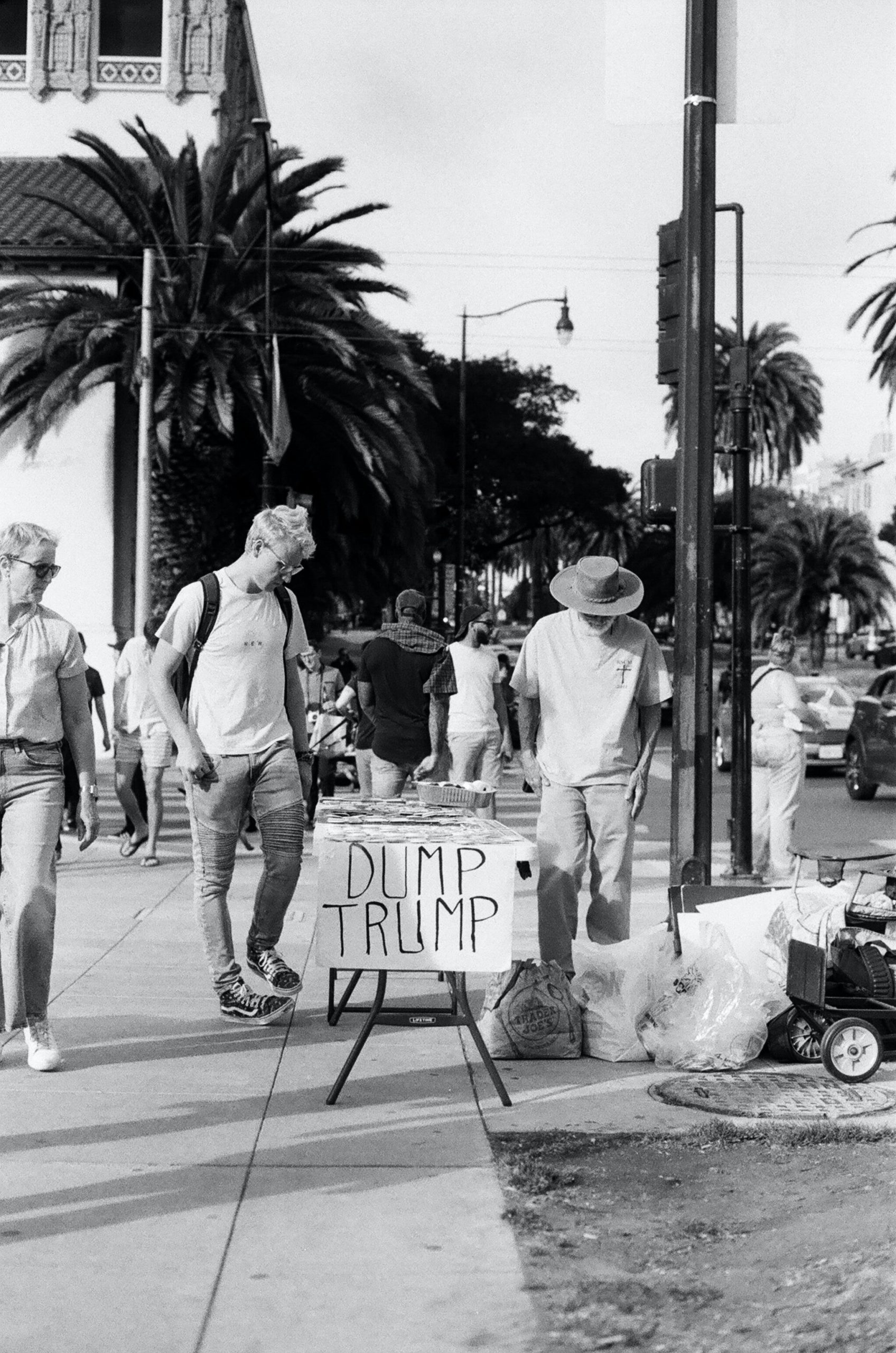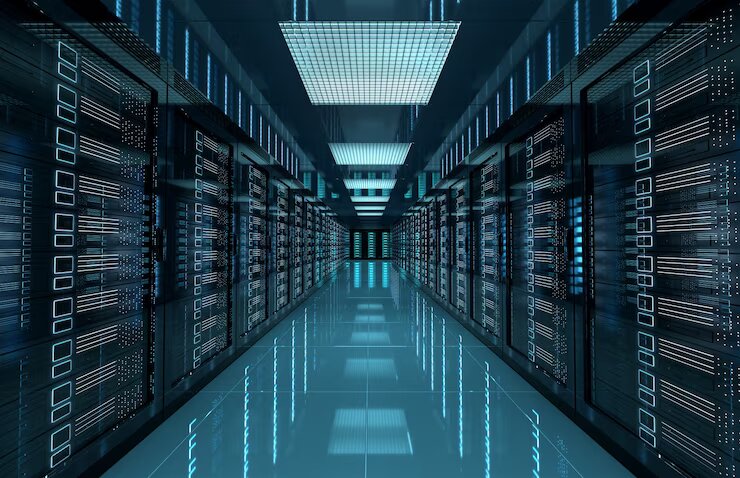It’s hard to imagine a world without the internet, isn’t it? We rely on it for just about everything – from keeping in touch with loved ones to finding our next meal. But what about politics? How has the internet changed the game when it comes to elections, campaigns, and political discourse? In this post, we’ll take a look at how the internet revolutionized politics and explore its impact as we approach 2024. Get ready for an eye-opening journey through cyberspace!
The Origins of the Internet
The modern Internet is a vast and complex network of interconnected devices and servers that allow users to share information, access services, and conduct transactions. It was created in the late 1960s as a way for researchers at the Department of Defense to communicate securely with each other. In the early 1990s, scientists at the National Science Foundation (NSF) developed protocols for connecting different networks and created the backbone of what is now known as the Internet. The commercialization of the Internet in the mid-1990s led to its widespread use by businesses and individuals around the world.
The impact of the Internet on politics has been profound. Prior to its creation, political communication relied on centralized systems that were vulnerable to attack or interception. The Internet allowed for decentralized communication among activists and campaigners, which gave them an edge in mobilizing support for their causes. As a result, activists used new technologies such as email newsletters, online petitions, Web sites, social media platforms, and video streaming services to promote their causes. They also used online databases to collect information about policy issues and opponents’ positions.
In addition, the Internet allowed individual citizens to learn about political candidates and campaigns outside of traditional media channels. This helped new political parties or candidates gain entrance into mainstream politics without having to spend large sums of money on advertising or engaging in expensive politicking rituals such as debates. This democratization of campaigning has led to increased competition among parties and increased turnout in elections around the world.
The impact of
The Early Days of the Internet
The Internet has fundamentally changed the way politics is conducted, both at the national and international levels. The global reach of the World Wide Web in the 1990s allowed for unprecedented communication among political leaders and citizens.
Political activists were able to engage with their elected representatives more easily than ever before. The democratization of information also made it easier for people to learn about policies and track the progress of governments across different countries.
Governments around the world have had to adapt to these new realities, creating websites and implementing digital communication strategies in order to stay ahead of the curve. The Internet has even had an impact on how elections are conducted: Candidates no longer need large budgets to mount effective campaigns, thanks to technological advances like social media platforms.
The Internet has had a profound impact on virtually every aspect of modern life, and its impact on politics will only continue to grow in the years ahead.
The Political Implications of the Internet
The Internet has had a profound and far-reaching impact on politics. It has allowed for unprecedented public participation in political discourse, facilitated the mobilization of grassroots movements, and created new ways for people to interface with government. In this article, we will discuss the political implications of the Internet, focusing on its role in democratization, campaign finance reform, and voter turnout.
One of the most important aspects of the Internet’s impact on politics has been its role in democratization. The ability for anyone with an internet connection to communicate and share information freely has allowed for a greater level of participation by citizens in political affairs. This is especially evident in countries where access to information is limited or restricted by government officials or other powerful individuals. In countries like China and Iran, where online dissent is tightly controlled by the government, online activism plays a significant role in challenging official narratives and promoting democracy and human rights.
Another significant aspect of the Internet’s impact on politics has been its role in campaign finance reform. Prior to the advent of the Internet, it was difficult for candidates running for office to solicit financial support from outside sources. This was because most people did not have easy access to electronic funds transfer systems or banking services. Consequently, politicians had to rely almost entirely on private donations from individual donors. As a result, corruption became rampant as politicians were able to curry favor with wealthy donors by granting them favors such as government contracts or preferential treatment from commercial enterprises.
The advent
The 2020 Election and the Impact of the Internet
The 2020 Election and the Impact of the Internet
With just over a year until the 2020 U.S. presidential election, political pundits are already dissecting every possible angle in an attempt to divine who will be victorious. But what about the voters themselves? What impact has the internet had on how they engage with politics?
According to a study by Ipsos Mori, almost two-thirds (63%) of American adults use the internet at least once a day to research political information or opinions. This level of engagement is unprecedented in American politics and has led to changes in how voters consume information, make decisions, and connect with their political counterparts.
One example is online donation platforms like Crowdpac. According to their CEO Adam Neumann, “When we started Crowdpac six years ago, people were donating small amounts of money online to candidates they liked or against candidates they didn’t like…But now there are more than 2 million donors across all 50 states and in more than 100 countries worldwide – making Crowdpac one of the world’s largest digital fundraising platforms.”
This kind of grassroots engagement is made possible by technology’s ability to connect disparate groups of people around shared interests. In addition to fundraising for candidates, this kind of interconnectedness can also be seen in activism circles where individuals can mobilize around causes using social media tools like Twitter and Facebook. For instance, after Donald Trump was elected as president in 2016 many people turned towards protesting and rallying
Conclusion
The twenty-fourth century has been nothing short of a groundbreaking time for politics. The Internet has had a profound and lasting impact on how we view and engage with the world around us, and it is unlikely to stop soon. This paper has examined some of the ways in which the Internet has revolutionized politics, highlighting its impact in 2024. It is clear that the technology will continue to shape our political landscape in powerful ways, and it is important that we understand its effects so that we can make informed decisions about how to best navigate this new era.










